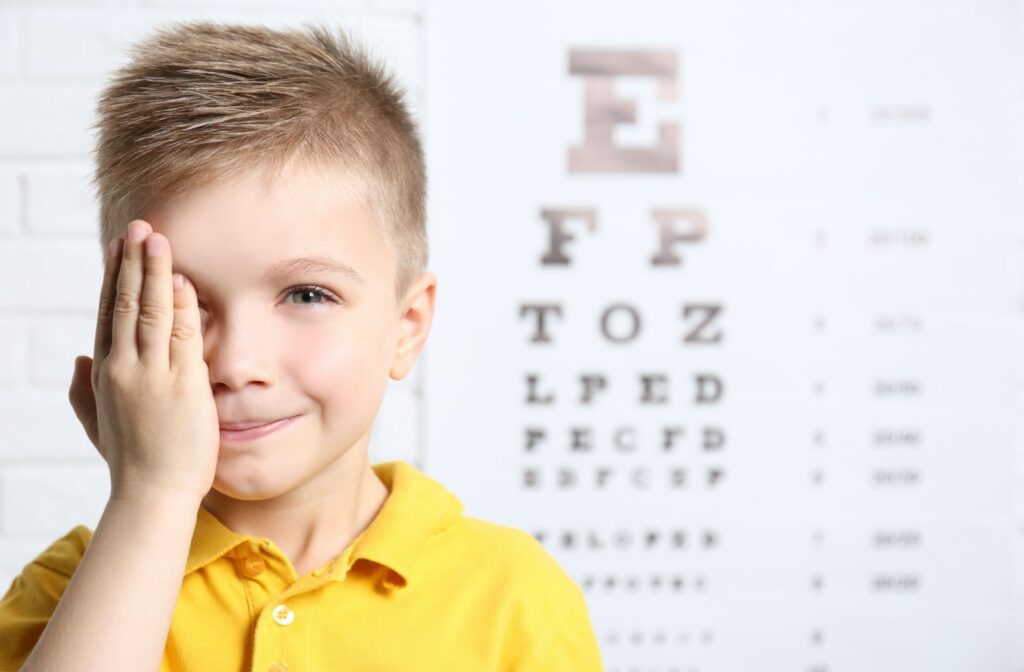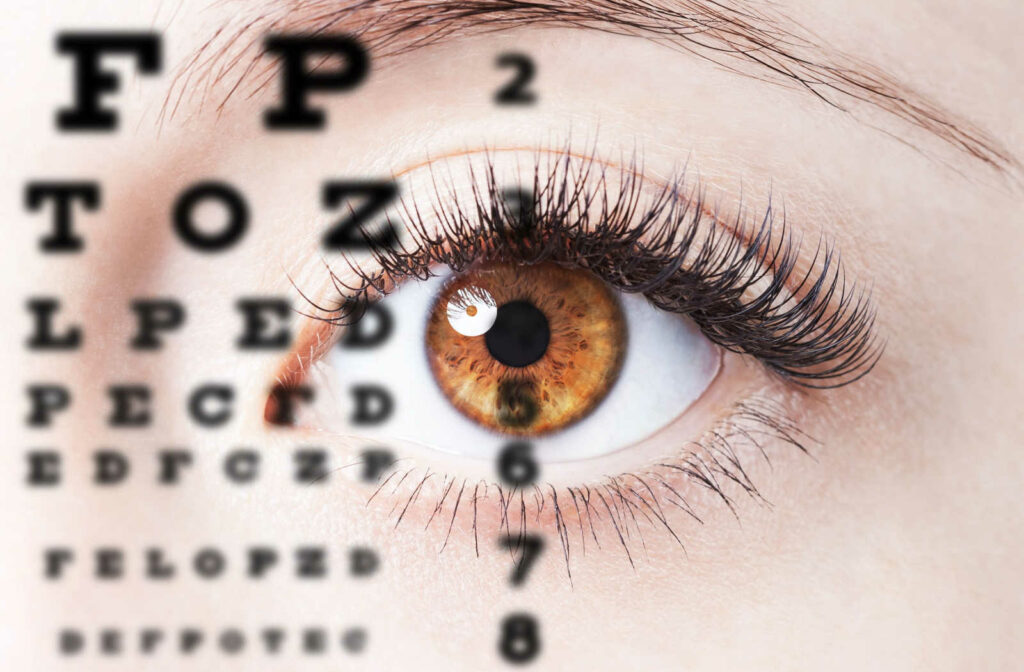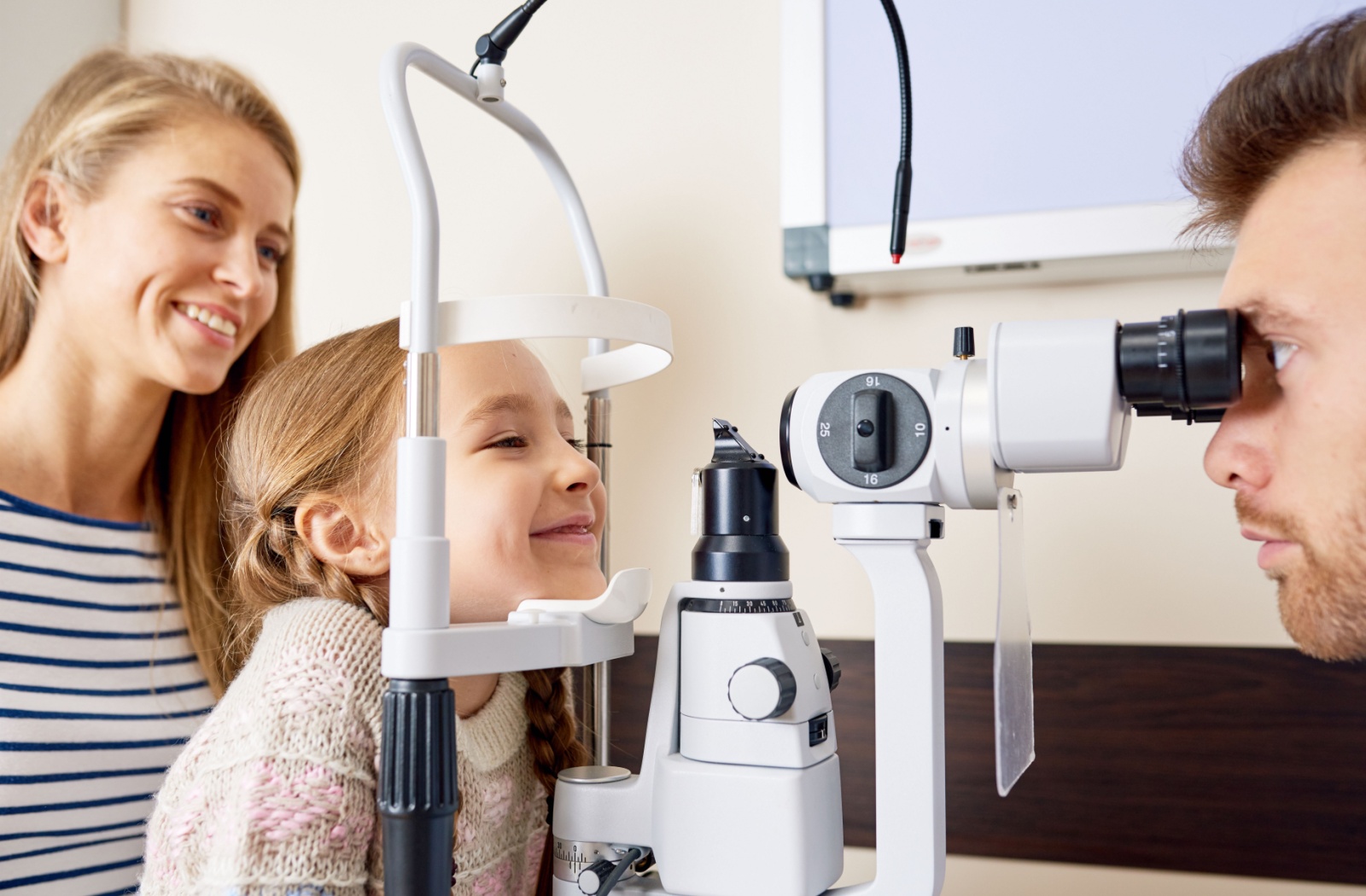All Categories
Featured
Opening Opportunities: Comprehensive Low Vision Rehabilitation Alternatives.
Living with low vision can present one-of-a-kind obstacles, however contemporary recovery methods empower people to thrive and adapt. From innovative technology to hands-on training, there are many options created to enhance everyday life and foster freedom. Here's a detailed check out the varied recovery solutions offered for those with low vision.
The Role of Reduced Vision Recovery
Reduced vision rehabilitation concentrates on assisting people optimize their remaining vision and develop skills to handle their surroundings. With a mix of devices, training, and customized assistance, rehab programs improve functionality and increase self-confidence in browsing daily activities.
Trick Low Vision Recovery Options
Customized Visual Help
High-Powered Magnifiers: These gadgets are available in handheld, wearable, or electronic styles, allowing individuals to check out, compose, or view things up close.
Telescopic Glasses: Ideal for enhancing distance vision, these glasses help with tasks such as watching television or analysis indications.
![]()
Filter Lenses: Tinted lenses lower glare, improve comparison, and offer UV security, improving comfort and presence.
Technological Innovations
Electronic Magnification Instruments: Desktop and mobile gadgets use adjustable magnifying, making it possible for easier accessibility to printed materials and digital content.
![]()
Voice-Assisted Modern technology: Display viewers, voice-enabled mobile phones, and AI-driven applications aid individuals navigate the electronic world more efficiently.
Wearable Vision Aids: Smart glasses furnished with cams and acoustic comments give real-time assistance with analysis, recognizing items, and spatial orientation.
Expert Training Programs
Positioning and Wheelchair Training: This program educates people just how to relocate confidently within their homes and communities, commonly incorporating canes or guide dogs.
Daily Living Skills: Specialized training gears up people with strategies to do necessary jobs such as food preparation, dressing, and handling home chores.
Flexible Aesthetic Strategies: Specialists overview patients on leveraging outer vision or scanning techniques to compensate for vision loss.
Ecological Alterations
![]()
Basic changes at home or work can greatly enhance accessibility:
Utilizing contrasting colors for far better item distinction.
Including task lighting to improve presence.
Noting appliances with responsive indicators for much easier operation.
Emotional and Social Assistance
Dealing with vision loss frequently includes psychological changes. Assistance groups and therapy services provide a secure room to share experiences and construct resilience.
Peer mentoring programs connect people with similar obstacles, cultivating sociability and shared solutions.
Accessing Rehab Services
Low vision rehab services are commonly available with:
Specialized Clinics: Eye doctors and ophthalmologists educated in low vision treatment supply tailored analyses and options.
Not-for-profit Organizations: Groups like the American Structure for the Blind and VisionAware use resources, assistance, and recommendations.
Area Centers: Neighborhood solutions might supply cost-free or affordable training and accessibility to assistive tools.
Last Ideas
By discovering the various recovery options available, those with reduced vision can find methods that work best for their special needs and situations. If you or an enjoyed one encounters vision difficulties, don't think twice to reach out to a reduced vision professional to start the journey towards empowerment and adaptability.
Living with low vision can present one-of-a-kind obstacles, however contemporary recovery methods empower people to thrive and adapt. From innovative technology to hands-on training, there are many options created to enhance everyday life and foster freedom. Here's a detailed check out the varied recovery solutions offered for those with low vision.
The Role of Reduced Vision Recovery
Reduced vision rehabilitation concentrates on assisting people optimize their remaining vision and develop skills to handle their surroundings. With a mix of devices, training, and customized assistance, rehab programs improve functionality and increase self-confidence in browsing daily activities.
Trick Low Vision Recovery Options
Customized Visual Help
High-Powered Magnifiers: These gadgets are available in handheld, wearable, or electronic styles, allowing individuals to check out, compose, or view things up close.
Telescopic Glasses: Ideal for enhancing distance vision, these glasses help with tasks such as watching television or analysis indications.

Filter Lenses: Tinted lenses lower glare, improve comparison, and offer UV security, improving comfort and presence.
Technological Innovations
Electronic Magnification Instruments: Desktop and mobile gadgets use adjustable magnifying, making it possible for easier accessibility to printed materials and digital content.

Voice-Assisted Modern technology: Display viewers, voice-enabled mobile phones, and AI-driven applications aid individuals navigate the electronic world more efficiently.
Wearable Vision Aids: Smart glasses furnished with cams and acoustic comments give real-time assistance with analysis, recognizing items, and spatial orientation.
Expert Training Programs
Positioning and Wheelchair Training: This program educates people just how to relocate confidently within their homes and communities, commonly incorporating canes or guide dogs.
Daily Living Skills: Specialized training gears up people with strategies to do necessary jobs such as food preparation, dressing, and handling home chores.
Flexible Aesthetic Strategies: Specialists overview patients on leveraging outer vision or scanning techniques to compensate for vision loss.
Ecological Alterations

Basic changes at home or work can greatly enhance accessibility:
Utilizing contrasting colors for far better item distinction.
Including task lighting to improve presence.
Noting appliances with responsive indicators for much easier operation.
Emotional and Social Assistance
Dealing with vision loss frequently includes psychological changes. Assistance groups and therapy services provide a secure room to share experiences and construct resilience.
Peer mentoring programs connect people with similar obstacles, cultivating sociability and shared solutions.
Accessing Rehab Services
Low vision rehab services are commonly available with:
Specialized Clinics: Eye doctors and ophthalmologists educated in low vision treatment supply tailored analyses and options.
Not-for-profit Organizations: Groups like the American Structure for the Blind and VisionAware use resources, assistance, and recommendations.
Area Centers: Neighborhood solutions might supply cost-free or affordable training and accessibility to assistive tools.
Last Ideas
By discovering the various recovery options available, those with reduced vision can find methods that work best for their special needs and situations. If you or an enjoyed one encounters vision difficulties, don't think twice to reach out to a reduced vision professional to start the journey towards empowerment and adaptability.
Latest Posts
Uncover Montclare Auto Repair’s Leading Auto Repairs and Why Drivers Rely On Them
Published May 31, 25
1 min read
Explore Premier Auto Repair Services in Chicago – Keep Your Car Running Smoothly
Published May 27, 25
1 min read
Find Cost-Effective Auto Repairs with Montclare’s Limited-Time Service Specials
Published May 22, 25
1 min read
More
Latest Posts
Uncover Montclare Auto Repair’s Leading Auto Repairs and Why Drivers Rely On Them
Published May 31, 25
1 min read
Explore Premier Auto Repair Services in Chicago – Keep Your Car Running Smoothly
Published May 27, 25
1 min read
Find Cost-Effective Auto Repairs with Montclare’s Limited-Time Service Specials
Published May 22, 25
1 min read